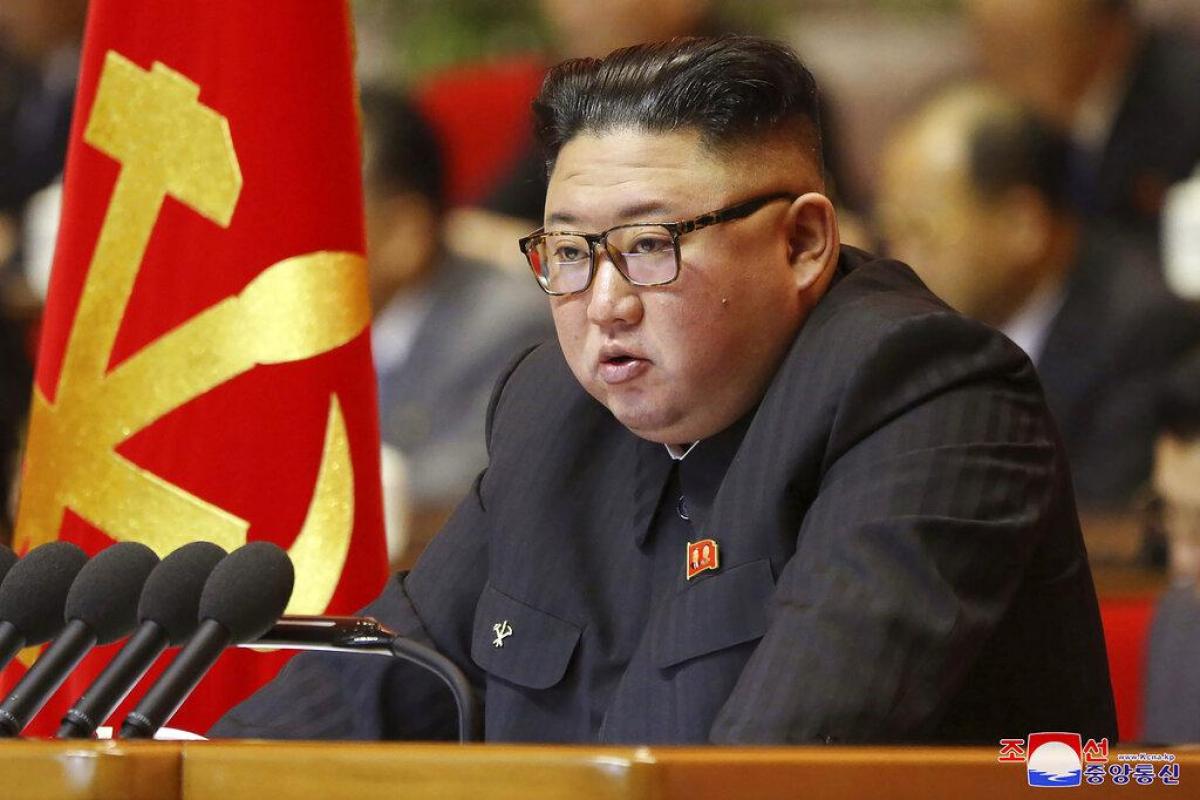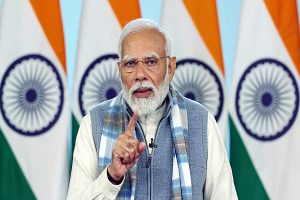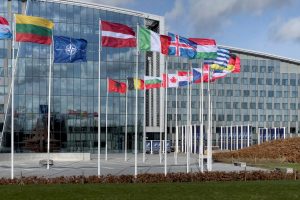This week, North Korean leader Kim Jong-un marks 10 full years of ruling the northern half of the Korean Peninsula. As his father Kim Jong-il died of heart failure on 17 December 2011, Jong-un, the third son, then 29, immediately took over as chairman of the Central Military Commission of the Workers’ Party, DPRK, so as to not leave a power vacuum.
He then added the various titles his father had held one by one: He became the supreme commander of the DPRK Armed Forces at the end of the year, a member of the Politburo of the Workers’ Party Central Committee on 11 April 2012, chairman of the State Council on 29 June 2016, and most recently the general secretary of the Workers’ Party on January 10 this year. Kim Jong-un has kept all five hats till today.
The party took constitutional steps to give him these honourable positions, but conspicuously left vacant is the title of president (“suryeong”), which is reserved eternally for his grandfather Kim Il-sung, founder of the communist “republic.” During the past 10 years, twice as long as the presidential tenure in South Korea, Kim Jong-un has done many things. Most importantly, he consolidated his power base by removing potential obstacles to his rule one after the other. Stunning the outside world and horrifying the entire people of the North, Kim executed the husband of his father’s sister, Jang Song-thaek, who had initially been regarded as a sort of guardian to the young heir.
A second internecine affair took place at Kuala Lumpur International Airport, Malaysia, in 2017, four years after the killing of Jang. Kim Jongnam, Jong-un’s half-brother who was wandering around the world after losing his father’s favour, was murdered in a poisoning attack by hired hands. Conspirators who had operated from the North Korean Embassy safely returned to Pyongyang, but we don’t know what rewards they were given.
While Kim Jong-un was tightening his grip on the North’s power hierarchy, especially on the military community, as many as 140 ranking officers and partisans were executed, according to a report by the Institute for National Security and Strategy under the National Intelligence Service. There were instances of some high-ranking officials resurrecting years after the NIS here listed them as being eliminated.
Kim Jong-un followed up his father’s “Military-first Policy” with his own “Party-first Policy,” and shifted the focus of military build-up from conventional war capabilities to nuclear arms and long-range missiles. This is seen to have allowed Kim to secure better control of the existing combat line-up of the North’s armed forces. During Kim’s reign, North Korea conducted its third to sixth nuclear tests (first in 2006) to store its arsenal of weapons of mass destruction with the ultimate bombs numbering between 15 and 60 in experts’ estimates.
Through numerous rocket launches, it bolstered its missile power with the Hwasong series, which are capable of reaching continental US. Cruise missiles and submarine-launched ballistic missiles are in the final stage of development. The North’s WMD has turned the military confrontation into a precarious asymmetrical pattern, but Seoul’s Moon Jae-in administration, as if accepting Pyongyang’s claim of safeguards against US aggressiveness, has enthusiastically made a reconciliatory approach to the North.
The outcome was three rounds of inter-Korean summit talks during 2018 and a three-way encounter at Panmunjom of the leaders of the two Koreas and US President Trump in 2019. Kim met Trump in Singapore and Hanoi in unsuccessful attempts at easing international sanctions against the regime. Kim Jong-un also confirmed the traditional friendly ties with China and Russia through meetings with Xi Jinping and Vladimir Putin. He must by now realize time has flown by fast as he only has less than three months to do business with perhaps the most willing Southern partner in the history of inter-Korean relations.
He should know whoever will succeed Moon will be much harder to deal with. Recently, Moon has raised the issue of an “end of war” declaration in what could be his final effort for a meaningful end to his presidency. In his UN General Assembly address last September, he proposed to all parties of the Korean War to jointly declare an end to the state of the armistice in a step toward concluding a peace agreement.
However, neither Pyongyang nor Washington showed a positive response while a noted American researcher called it Moon’s “hail Mary pass.” No one is running to receive the ball in this kind of stalemate in the North Korean nuclear crisis. As the Biden administration keeps hardening its stance toward Beijing, Pyongyang looks rather sidelined.
With or without the Covid-19 pandemic, the North Korean economy is shrinking and the pompous parades through the Kim Il-sung Plaza demonstrating colossal rockets on long caterpillar tracks cannot relieve the hunger of the spectator crowds and the soldiers in endless rows would not feel any better.
Kim Jong-un is no longer an item in the Guinness Book of Records as there are other young leaders in the world, who manage national economies and politics with innovation and fair play. After 10 years, the 39-year-old must feel tired of speaking to thousands of pawns that pack the auditorium, hanging onto his every word.
The presidential campaign in the South is as noisy as ever and the outcome is so far unpredictable. Kim is tempted to help the leftist candidate collect more votes as he is more likely to follow the footsteps of the Moon administration, but his aides may caution him about overtly supporting that side because it could prove counterproductive.
Except for the oldest generation, each age bracket is known to have mixed sentiments toward the North, so it better wait until the South Koreans make their own decision. Yoon Suk-yeol has openly opposed Moon’s “end of war” proposal but both he and Lee Jae-myung have yet to make clear their vision of future relations with North Korea with regard to the crucial goal of denuclearization.
Now they are reminded that whoever enters Cheong Wa Dae after the March election will inevitably be seized by the North question when the pandemic retreats and the economy rolls along.
(The Korea Herald/ANN)












